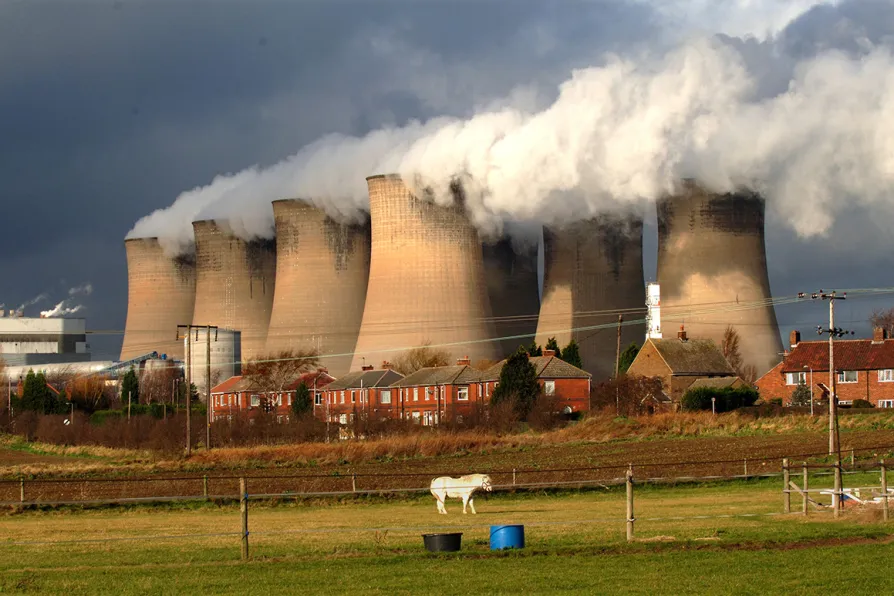Levels of greenhouse gases reached a new record high in 2020

 Eggborough Power Station, in 2007
Eggborough Power Station, in 2007
LEVELS of greenhouse gases in the atmosphere reached a new record high last year, United Nations scientists have warned in the run-up to a key climate change summit in Glasgow next week.
Concentrations of carbon dioxide and other heat-trapping gases in the atmosphere rose at a faster rate in 2020 than over the previous decade and the trend has continued this year, according to the World Meteorological Organisation (WMO), a UN agency.
The economic slowdown caused by the Covid-19 pandemic did not have any discernible impact on atmospheric levels of greenhouse gases and their rate of accumulation, the WMO said.
Similar stories

Governments must dramatically slash emissions and support the transition to a renewable future in 2025, UN says













